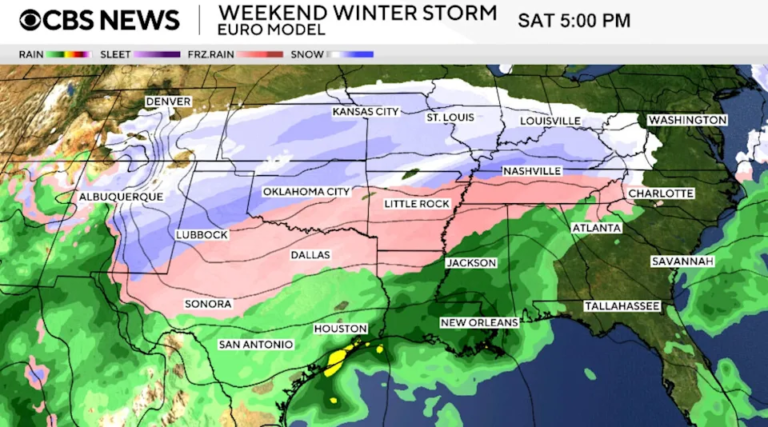A New Era for Cryptocurrency in the U.S.
Donald Trump’s return to the White House has ushered in a dramatic shift in U.S. policy toward cryptocurrency. Just months after his inauguration, Trump signed an executive order directing the Federal Reserve to hold Bitcoin alongside gold, a move once considered unimaginable by mainstream policymakers.

Donald Trump speaks at the Bitcoin 2024 conference in Nashville on July 27, 2024.
Brett Carlsen/Bloomberg/Getty Images
“If a year ago you put me into hypnosis and said, ‘Describe to me your deepest dreams of what could happen,’ this would be straight-up fantasy,” said Bitcoin advocate David Bailey. His skepticism turned into celebration as Trump solidified his stance as a pro-crypto president after initially opposing digital assets.
Rewarding Political Loyalty
Trump’s strategy in the 2024 campaign was unconventional but effective. By targeting voter groups historically ignored by Republicans—crypto enthusiasts, union workers, and minority communities—he built a coalition that proved decisive in his election victory
Lumbee Tribe Gains Long-Sought Recognition
For decades, the Lumbee Tribe in North Carolina voted Democratic. That changed after Trump promised them federal recognition, a status they have long pursued. Following his election, he swiftly acted on that pledge, signing a memorandum declaring it U.S. policy to support full recognition of the Lumbee Tribe.
“We are hardcore for those who show the effort,” said Lumbee Chairman John Lowery. The shift in loyalty was evident at the ballot box, with Trump securing a 28-point victory in Lumbee-rich Robeson County, a once-solid Democratic stronghold.
Trump Wins Over Union Workers

Trump also made surprising inroads with union workers, historically a Democratic base. Teamsters President Sean O’Brien, who shocked many by speaking at the Republican National Convention, later secured a major win when Trump nominated Lori Chavez-DeRemer as Secretary of Labor, a union-friendly pick.
The impact was evident in the election results: Trump won 45% of union household votes, a milestone for a Republican candidate.
Courting Libertarians and RFK Jr. Supporters
Trump’s campaign also made a calculated appeal to Libertarians and disaffected supporters of Robert F. Kennedy Jr. At the Libertarian National Convention, despite initial boos, he promised to pardon Ross Ulbricht, the controversial founder of the Silk Road marketplace. True to his word, Trump granted Ulbricht clemency on his first day in office.
Additionally, Trump appointed RFK Jr. as Secretary of Health and Human Services, making good on a campaign promise to include the vaccine skeptic in health policy decisions.
A Fine Line Between Policy and Business
While many celebrate Trump’s early actions, some warn of conflicts of interest. His family has launched a cryptocurrency venture, raising concerns about whether policy decisions could be influenced by personal financial gain. “At best, it’s an unnecessary distraction, at worst, a huge embarrassment,” said crypto investor Nic Carter.
Despite criticisms, Trump’s approach has undeniably reshaped the political landscape. As his administration moves forward, groups that backed him—Bitcoin advocates, unions, and Native tribes—are eager to see if he delivers on all his promises.
As Lumbee Chairman John Lowery put it: “You’ve got to remember us, and you can’t take us for granted.”


